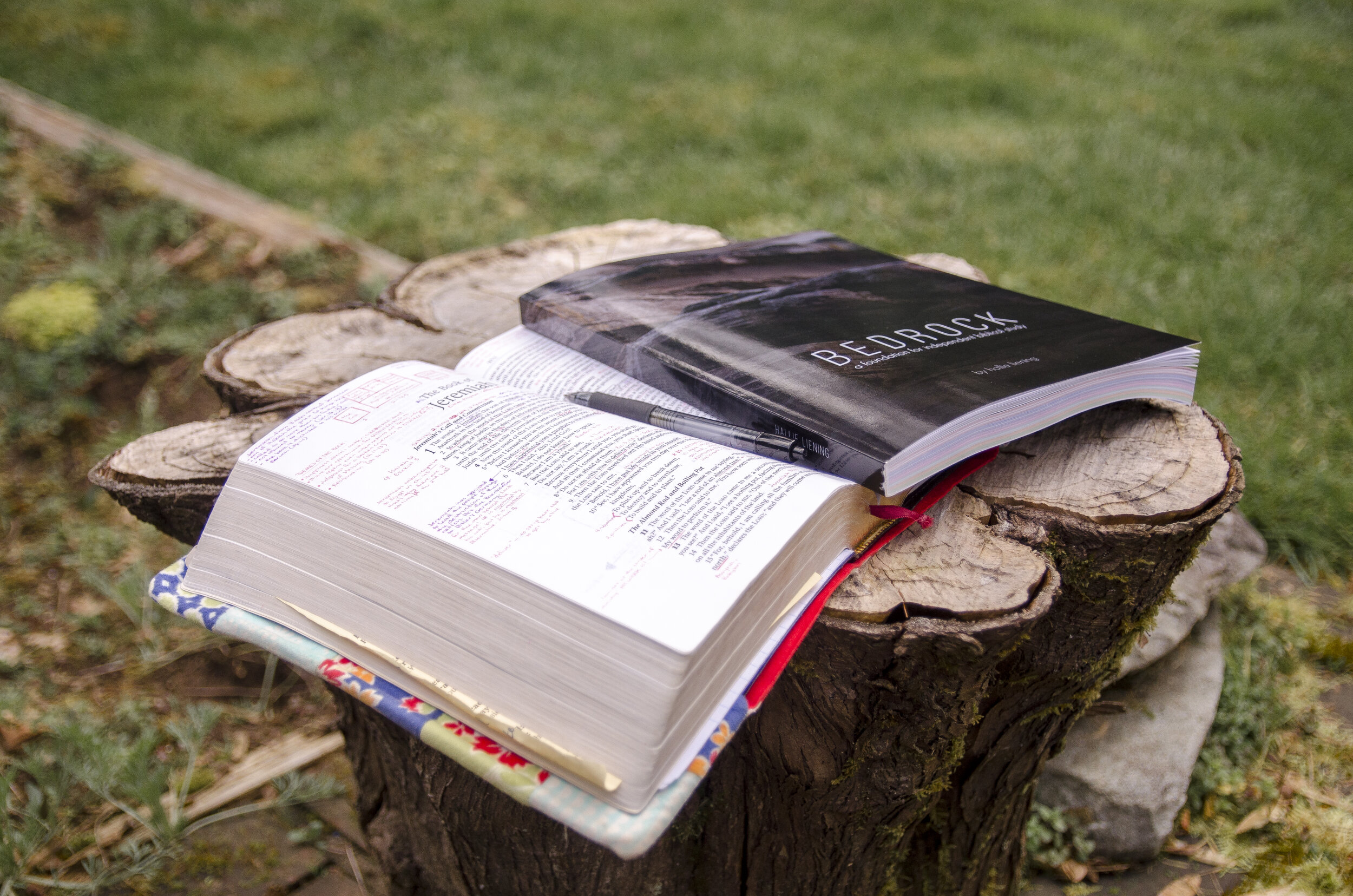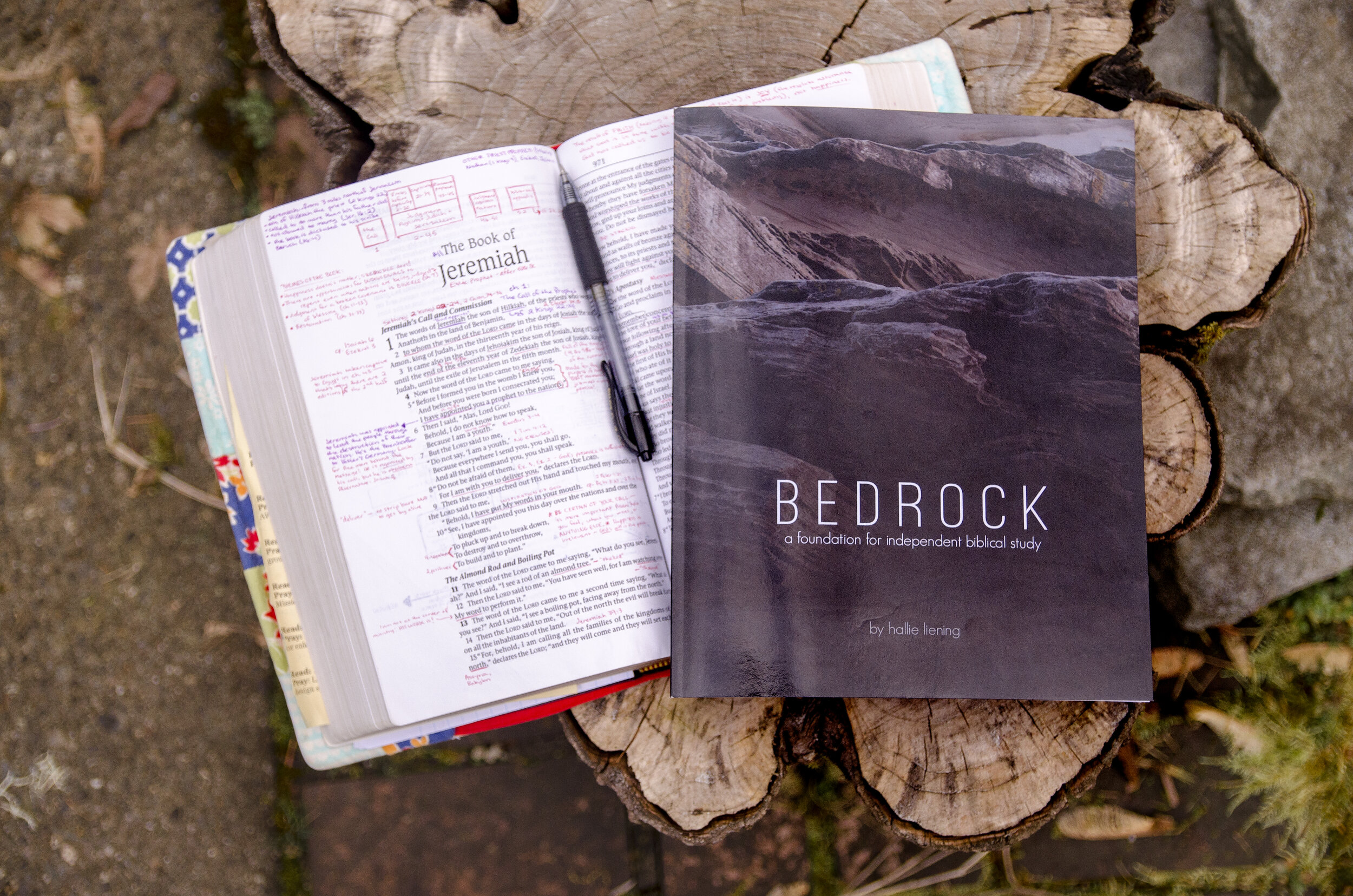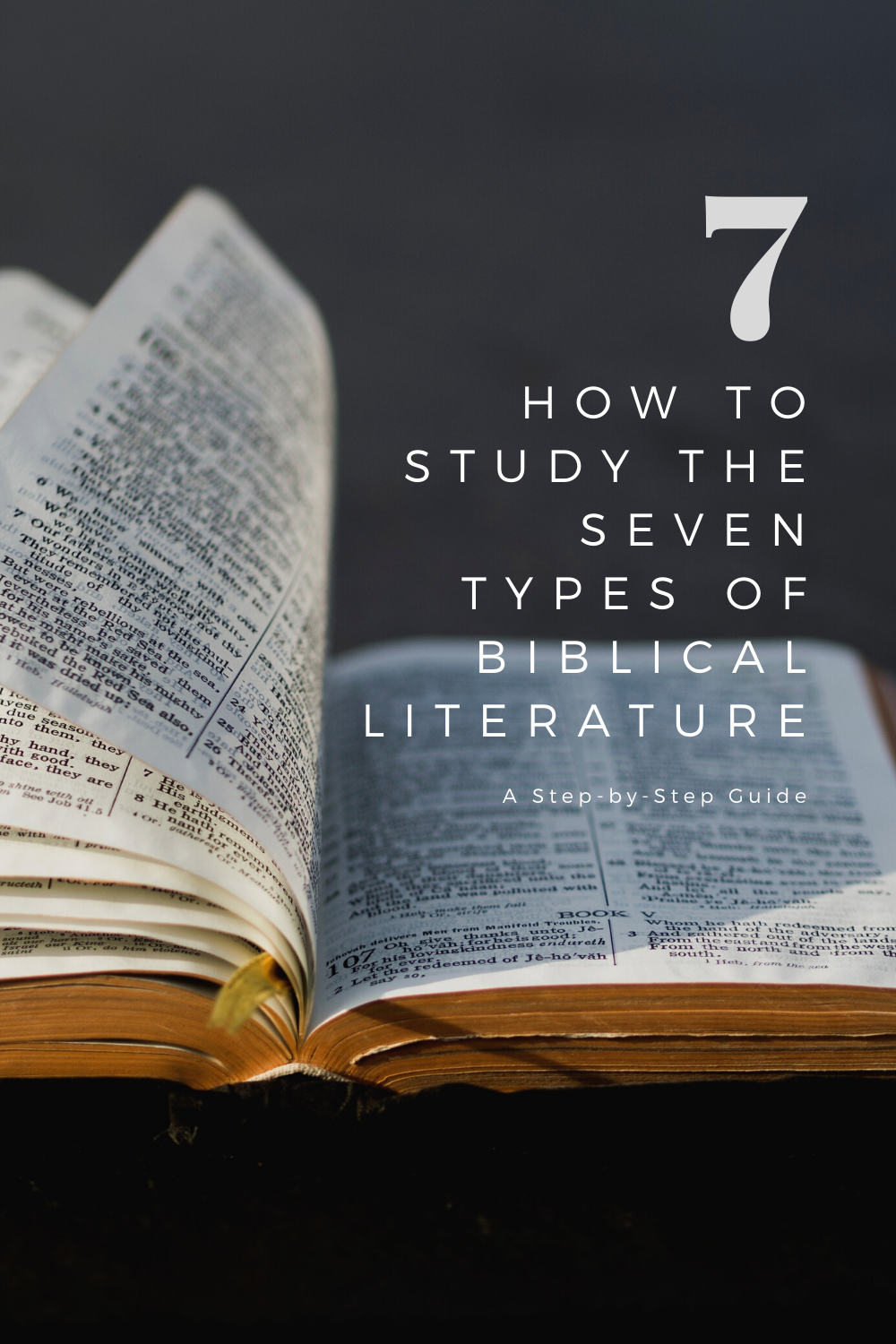God is not afraid
/I’ve learned a lot about life and people throughout the current pandemic, as I’m sure most of us have. But the one big thing that I keep noticing again and again is that fear invariably outworks itself in the form of control.
I’ve observed this in my own life before: the need to force all my unruly ducks into a row somehow because of my anxiety about some issue, or life in general. Over-exercising, under-eating, or rabidly purging belongings out of my house are some of the ways it shows—all of them poorly disguised attempts to control something.
I’m seeing it in just about all of us now.
In fear, some of us try to control the narrative we take in about the virus: we will only hear the parts that serve our desired and carefully curated point of view, and find ourselves “experts” or news articles to silence the rest.
In fear, some of us try to control the behavior of those around us: we will mock and shame people who are making different choices about social distancing than ourselves, or those who feel differently about the measures taken by our governing authorities.
In fear, some of us try to control our minute-by-minute experience of the extra time we have at home: we will keep to a rigorous schedule, strive after endless self-improvement, and attempt to force Covid-19 to serve our purposes.
All of these are understandable to me. It’s comforting to feel like we have the upper hand on our unseen threat. It’s comforting when other people’s choices align with our own. It’s comforting when the “experts” agree with us. In these we find a sense of security—albeit an artificial one.
And something else has become more understandable to me: The question, “Why would God let ____?”
I’m no stranger to this question; I’ve asked it plenty of times myself—but I have struggled to understand why it’s the question that so often stands between people and God. Those who reject God often seem to use some form of this question and its unsatisfactory answers as their justification for doing so. And it makes sense now.
Because if we were God, we would control everything we possibly could. Our basic state as human beings involves some level of fear. This, I believe, is the reason the Bible so often refers to us as sheep: not because we are fundamentally idiots, but because we are fundamentally terrified, knowing full well our own helplessness, and it leads us to make some fundamentally idiotic choices. So if we were God, we would have stomped down Satan before he even had a thought to rebel. We would have created compliant robots who would never dream of eating the forbidden fruit. We would have set ourselves up as the tyrannical dictators of an unthinking population—it is the only way we could avoid feeling threatened.
But God is not afraid.
God is not afraid, therefore God doesn’t have the same innate need to control that you and I do. He is not like us. In His basic state, He is utterly sufficient by Himself; the angelic legions could abandon Him and the entire world could reject Him and He is still enough. He is relational, yes, but He is also Three in One, so even His relational nature can be satisfied without us. He did not create anything because He needed a power trip—He created it all because He wanted to, and He has given His Creation the gift of choosing what they want, too.
Why would God let only some people be saved? Because only some people choose Him, and He is okay with that. God is not afraid.
Why would God let something bad happen to someone good? Because we don’t all live in robotic bubbles, unaffected by the hurtful choices of those around us or before us, and He is okay with that. God is not afraid.
Why would God let evil exist in the first place? Because He invites us to know Him for who He is—and an important part of His character is His omnipotence. His power isn’t threatened by any opposing force, even one that costs Him dearly. God is not afraid.
And would we want Him any other way? When we acknowledge our own powerlessness, it becomes all the more soothing to know that we have a God who is both utterly powerful and utterly fearless. He doesn’t need to squelch every little threat with overbearing pseudo-control because He has real power, and He is entirely unthreatened.
All of our little controlling behaviors in light of the current world are normal and understandable. But they’re also unnecessary and can become destructive. If our God is unafraid, what have we to fear? What threat does a different viewpoint or a flexible schedule or even a novel virus hold? Our treasure is not in the opinions of others or in the achievements of this world or in life itself—it’s in Him. And He’s not afraid.
Want to learn more about who God is?
The best place to go is to the Word. The Bible is the story of who God is, and who God is changes everything for you and me.
To that end, I have a couple resources that may help you get started in your journey through the Bible:
The Bible180 Challenge is an opportunity to read through the Bible in 180 days, according to a thorough chronological schedule. You get a day of rest each week as well as an email offering accountability, support, and the very best study resources I’ve found to help you understand what you read. You can also use the Bible180 Challenge Journal to help you focus, stay on track, and build good study habits!
Bedrock: A Foundation for Independent Biblical Study is a comprehensive textbook/workbook that will teach you how to dig DEEP into each of the seven types of Biblical literature. It’s a great next step for anyone who feels ready to surpass the typical milk of sermons and Bible studies, and desires to learn how to serve themselves on the meat. Find it on Amazon.













